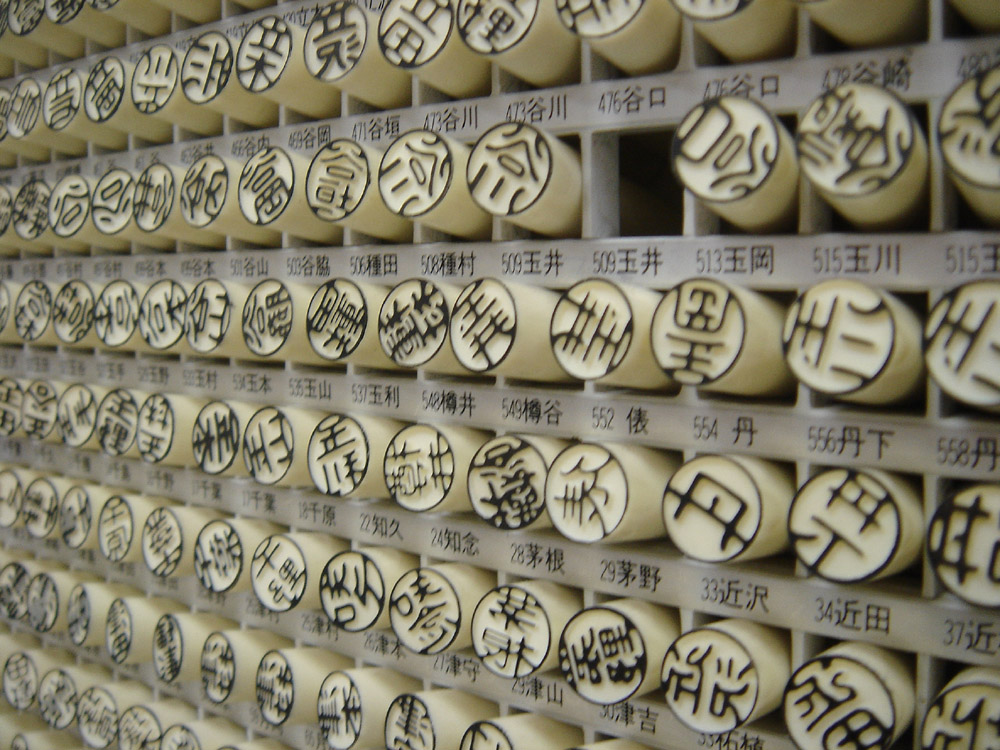A lot of Americans actively dislike poor people and according to recent research, this trend has gotten stronger in recent years. Alec MacGillis summarizes some of the research:
surveys… show a decades-long decline in support for redistributive policies and an increase in conservatism in the electorate …as inequality worsens. …Meanwhile, researchers such as Kathryn Edin, of Johns Hopkins University, have pinpointed a tendency by Americans in the second lowest quintile of the income ladder — the working or lower-middle class — to dissociate themselves from those at the bottom, where many once resided. “There’s this virulent social distancing — suddenly, you’re a worker and anyone who is not a worker is a bad person,” said Edin. “They’re playing to the middle fifth and saying, ‘I’m not those people.’”
In short, low-income working Americans love the middle class and hate the poor and have been voting to eliminate policies that help the poor even though many of those policies also help the low-income working Americans who vote against them. To gain political acceptance, policies that help the poor should help everyone at least up to the median income. That will make them more popular and give them better management.
Medicare is managed better than Medicaid because the former is universal insurance for every American who lives past age 65 whereas the latter is just for poor people. Public education is managed well in places where poor people go to the same schools as rich people, whereas education programs that just serve poor people tend to be actively neglected and managed poorly. One reason why the US has worse public transit than other rich countries is because transit came to be seen as a kind of welfare program in the US whereas in other rich countries it has always been seen as a form of infrastructure that everyone uses like roads in the US. Public transit only works well where middle class people use it and when transit works well, poor people are better off than in places where it is seen as a welfare program.
Government programs that directly benefit middle-income Americans (and rich Americans) are simply managed better than welfare programs because there is more political will to keep them working well and a program that works well will help the poor more than a welfare program. Similarly, a universal health insurance program like in Canada and the UK work better for poor people than a welfare program like Medicaid (and EMTALA) in the US.














Leave a Comment